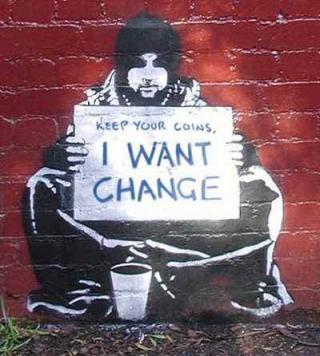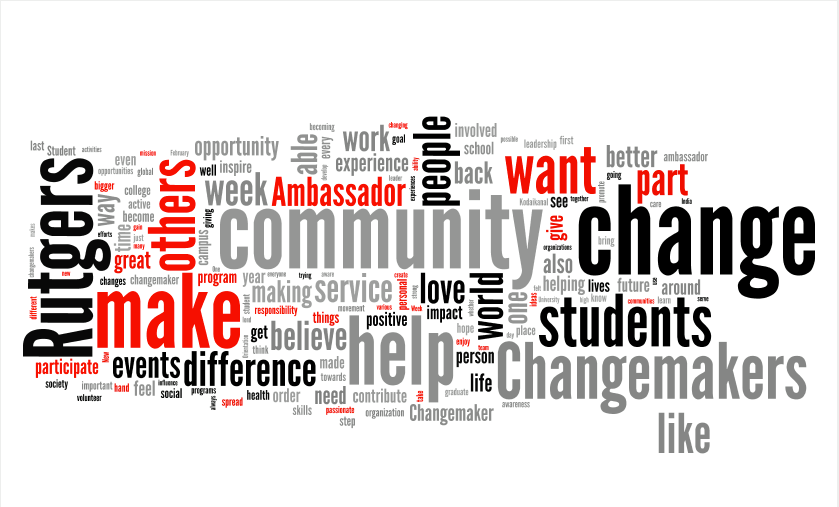Book Review: Start Something That Matters
"A leader can create a company, but a community creates a movement."
My latest review is for the 2012 book by Blake Mycoskie, Start Something That Matters, which chronicles the beginnings of his company, TOMS, and the lessons he has learned from the journey.
I really enjoyed this book. It was an easy read with some great takeaways, good stories, and a positive message. It's a message I can certainly get behind and have believed in for a while now. I always try to vote with my dollars and make globally conscious purchases. Every company should incorporate such tenets into their organization, seeking to make the greatest positive social impact they can with their efforts, whatever it is. They can donate money, time, or resources to help others, and we'll all benefit in the end. It just seems that it is far easier for a lot of people and groups to be selfish and not empathize with the struggles of others (especially if they cannot relate, and never went through such struggles). The good part about all this is that it is never too late to start making a difference in people's lives.
Some of the other quotes I took away from this book were:
"...To know even one life has breathed easier because you have lived. This is to have succeeded. [Often attributed to Elisabeth-Anne Anderson Stanley]"
"In character, in manner, in style, in all things, the supreme excellence is simplicity. —Henry Wadsworth Longfellow"
"Today’s successful leaders are those willing to share credit as much as possible, who give away as much as they can, and who promote an environment of creative cooperation instead of rabid competition."
What I like about TOMS is that it is a for-profit, social good company. They can exist, and they can do just as much good in the world (if not more) by working to make a profit. Their shoes and other items are desirable and valuable, and by working to make money, they can use those profits to make a positive social impact. A lot of other companies have followed in the footsteps of TOMS in recent years, and I think that's a beautiful thing. I love my TOMS shoes and my Warby Parker glasses, and my Krochet Kids hat. They all have the added benefit of helping others in need around the whole world. What's not to love?
Check out Start Something That Matters at any of your favorite book retailers!




